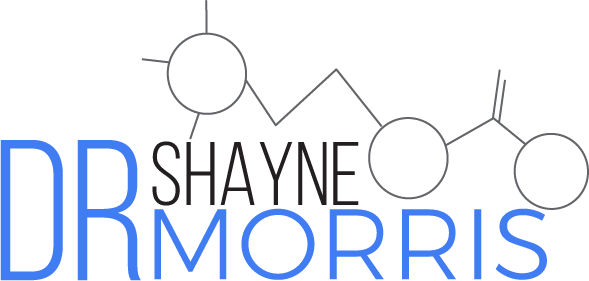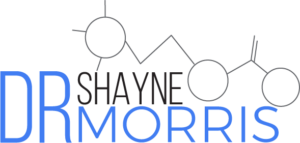When we hear about the microbiome, our minds often drift to the complex world of gut bacteria. However, there’s another crucial microbiome silently operating on our largest organ—the skin. This diverse community of microorganisms, influenced by various factors, plays a pivotal role in our body’s immune responses and overall health.
Skin Microbiota’s Contribution to Immune System Integrity
The skin microbiome isn’t just a passive bystander, it actively defends against environmental pathogens, serving as our body’s first line of defense. Each microorganism within this community contributes uniquely, providing essential proteins and compounds that our bodies cannot produce independently.
Dysbiosis in the Skin Microbiome and Its Impact on Skin Health
A balance disruption, known as dysbiosis, within the skin microbiome can lead to various skin conditions. Certain opportunistic bacteria, like Cutibacterium acnes (formerly Propionibacterium acnes), normally benign at low levels, can become pathogenic under certain conditions, triggering immune responses that exacerbate skin inflammation.
The Role of Cutibacterium acnes in Skin Health
Cutibacterium acnes, predominantly found in pilosebaceous follicles, interacts with sebum through enzymes that aid in lipid breakdown. While these enzymes can be protective against pathogens, uncontrolled proliferation of C. acnes can damage follicular tissue, initiating inflammatory responses typical of conditions such as acne vulgaris.
C.acnes’ Implications in Systemic Diseases
Recent studies suggest C. acnes may influence not just skin health but also systemic diseases like sarcoidosis, benign prostate hyperplasia, and neurodegenerative disorders. This bacterium’s ability to activate specific immune genes and proinflammatory cytokines underscores its broader impact on human health.
Genetic and Environmental Influences on Skin Microbiome
The relationship between C. acnes and disease pathology is complex and multifaceted, involving factors such as host genetics, environmental influences, and microbial strain diversity. Understanding these dynamics is crucial in deciphering the full spectrum of its influence on immune responses and disease severity.
Conclusion
As research progresses, our understanding of the skin microbiome’s intricate role in immune health expands. From defending against pathogens to influencing systemic diseases, this microbial community demonstrates its profound impact on human health. Exploring these interactions opens avenues for future therapies and personalized treatments, promising a deeper insight into the importance of maintaining skin health and overall well-being.
References
- 1. Dessinioti, C., & Katsambas, A. D. (2010). The role of Propionibacterium acnes in acne pathogenesis: facts and controversies. Clinics in Dermatology, 28(1), 2–7. doi:10.1016/j.clindermatol.2009.03.012 2.
- Grice, Elizabeth A, and Julia A Segre. “The skin microbiome.” Nature reviews. Microbiology vol. 9,4 (2011): 244-53. doi:10.1038/nrmicro2537 3.
- Leheste JR, Ruvolo KE, Chrostowski JE, Rivera K, Husko C, Miceli A, Selig MK, Brüggemann H and Torres G (2017) P. acnes-Driven Disease Pathology: Current Knowledge and Future Directions. Front. Cell. Infect. Microbiol. 7:81. doi: 10.3389/fcimb.2017.00081.


